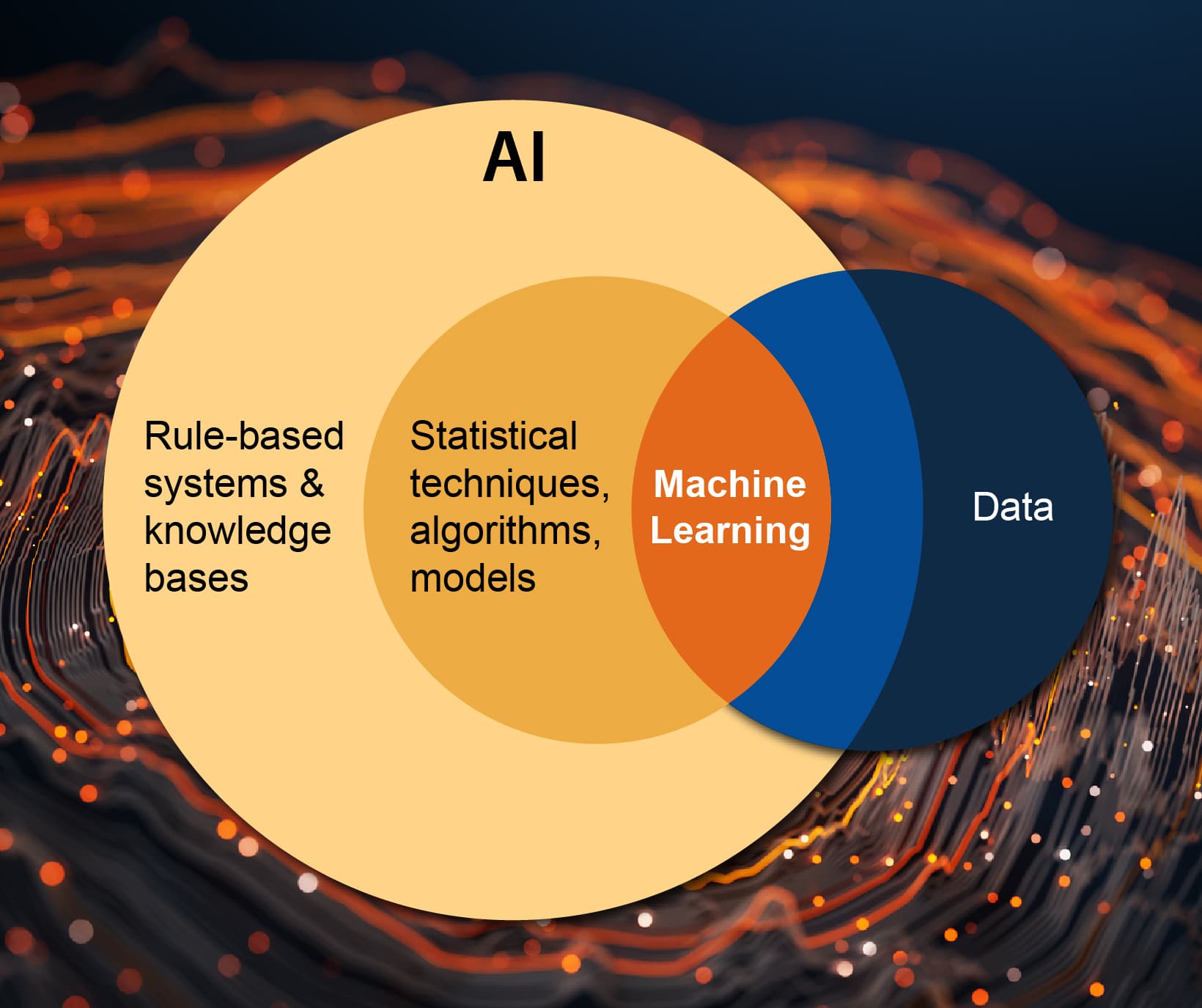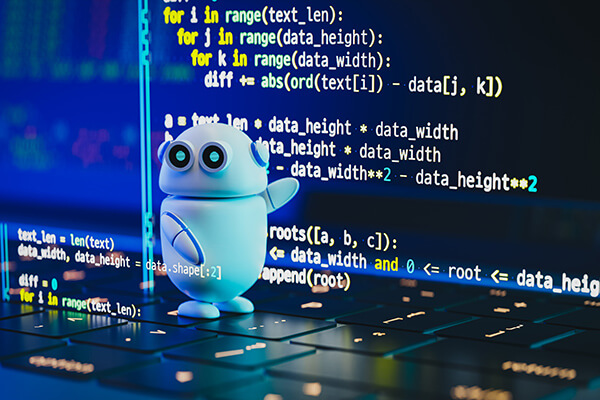AI vs. Machine Learning: Unraveling the Key Differences
Employer Insights, Industry News

Artificial intelligence (AI) and machine learning (ML) are two terms that often get used interchangeably, but they represent distinct concepts in the realm of technology and computer science. Knowing the difference between artificial intelligence and machine learning is important if you want to be able to speak with authority on these subjects. Let’s take a look at what AI and machine learning encompass and then identify the key differences:
Artificial Intelligence (AI)
AI refers to the broader concept of machines being able to carry out tasks in a way that we would consider “smart” or resembling human intelligence. It encompasses a wide range of techniques that enable machines to simulate cognitive functions such as learning, problem-solving, reasoning, and decision-making. With AI, the aim is to create systems that can autonomously perceive their environment and take actions that maximize their chances of achieving specific goals.
Machine Learning (ML)
Machine Learning is a subset of AI that focuses on the development of algorithms and statistical models that allow computers to perform specific tasks without explicit instructions, relying on patterns and inference instead. In essence, ML algorithms learn from data iteratively (by repeating) to improve their performance over time. Unlike traditional computer programs that follow predefined rules, ML systems adapt and evolve based on the data they process.

Key Differences
Scope and Purpose:
- AI is a broad field that aims to create systems capable of mimicking human intelligence to perform a wide range of tasks across various domains.
- ML is a specialized subset of AI focused on developing algorithms and models that enable computers to learn from and make predictions or decisions based on data.
Approach:
- AI encompasses both symbolic AI (rule-based systems) and machine learning approaches.
- ML specifically focuses on statistical techniques and algorithms that enable computers to learn from data and make predictions or decisions.
Dependency on Data:
- AI systems may or may not depend heavily on data; they can operate on predefined rules and knowledgebases.
- ML algorithms require large amounts of data to learn from and improve their performance.
Applications:
- AI finds applications in a wide range of fields, including robotics, natural language processing, computer vision, and expert systems.
- ML is used in tasks such as predictive analytics, pattern recognition, and optimization problems.
While AI is the broader concept of creating intelligent technology, machine learning is a specific approach to realizing AI. ML empowers AI systems by enabling them to learn from data and improve their performance without explicit programming for every possible scenario.
Understanding these distinctions is crucial for navigating new technology and harnessing its potential across various industries. By understanding the nuances that distinguish AI and machine learning, we can make informed decisions about adopting and implementing these technologies to drive innovation and solve complex challenges.
Looking for AI or ML Solutions?
Our team has the deep expertise to assist you with your artificial intelligence and machine learning projects, as well as determining what solutions are right for you. Get in touch today to learn more!
Share This Article
Contact Us
We’re here for you when you need us. How can we help you today?




